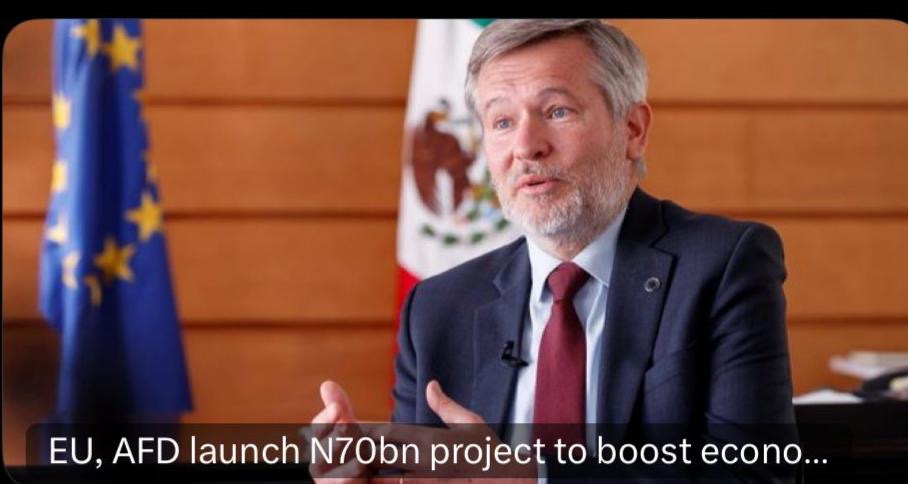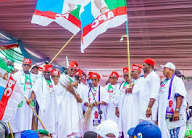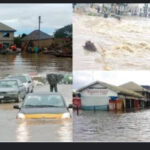EU, AFD Launch N70 Billion Project to Revitalize Lake Chad Region

The European Union (EU) and the Agence Française de Développement (AFD) have jointly launched the second phase of the RESILAC (Lake Chad Inclusive Economic and Social Recovery) project.
The ambitious five-year initiative, with a total budget of €40 million (approximately N70 billion), aims to empower vulnerable populations, particularly in conflict-affected areas of Nigeria, Cameroon, and Chad.
The launch event, held in Abuja on Thursday, April 10, 2025, was attended by key stakeholders, including the EU Ambassador to Nigeria and ECOWAS, Gautier Mignot, and representatives from the Lake Chad Basin Commission (LCBC), government ministries, and implementing partners such as Action Against Hunger (ACF) and CARE International.
Ambassador Mignot emphasized the importance of the RESILAC 2 project in building community resilience and promoting sustainable livelihoods. He stated that the project will focus on enhancing access to basic services like healthcare and education, fostering economic recovery through agriculture, fisheries, and forestry initiatives, and promoting social cohesion among displaced populations, refugees, and host communities.
The project is expected to directly impact around 36,000 beneficiaries in three local government areas of Borno State, Nigeria, with a broader regional impact anticipated.
The Executive Secretary of the LCBC, Mamman Nuhu, lauded the initiative as directly aligning with the Commission’s Regional Stabilization Strategy for the Lake Chad region, which has been grappling with the Boko Haram insurgency and the adverse effects of climate change.
He highlighted the recovery of Lake Chad’s water volume in recent years, shifting the focus towards supporting the affected communities.
The RESILAC 2 project builds upon the successes of its first phase (2018-2022) and aims for a more holistic, sub-regional, and partner-centered approach. It will involve local civil society organizations, non-governmental organizations, research institutions, and regional platforms to ensure inclusivity and effectiveness.
Key objectives of the RESILAC 2 project include:
Strengthening access to basic services: Improving the availability and quality of essential services such as healthcare, education, and water and sanitation for vulnerable populations.
Fostering economic recovery: Creating sustainable economic opportunities in sectors like agriculture, livestock farming, fisheries, and forestry, adapted to the changing climate.
Promoting social cohesion: Encouraging peaceful co-existence and collaboration between displaced populations and host communities through various social inclusion initiatives.
Enhancing the capacity of local actors: Strengthening the abilities of local authorities, community-based organizations, and civil society groups to effectively address the challenges in the region.
Sustainable land management: Implementing practices that promote the sustainable use of natural resources and build resilience against climate change impacts.
The N70 billion project signifies a strong commitment from the EU and France to support the long-term stability and prosperity of the Lake Chad region, which has faced significant humanitarian and developmental challenges in recent years. It is part of a broader €300 million package of new projects aimed at addressing security and socio-economic development in Nigeria’s most challenged regions.









